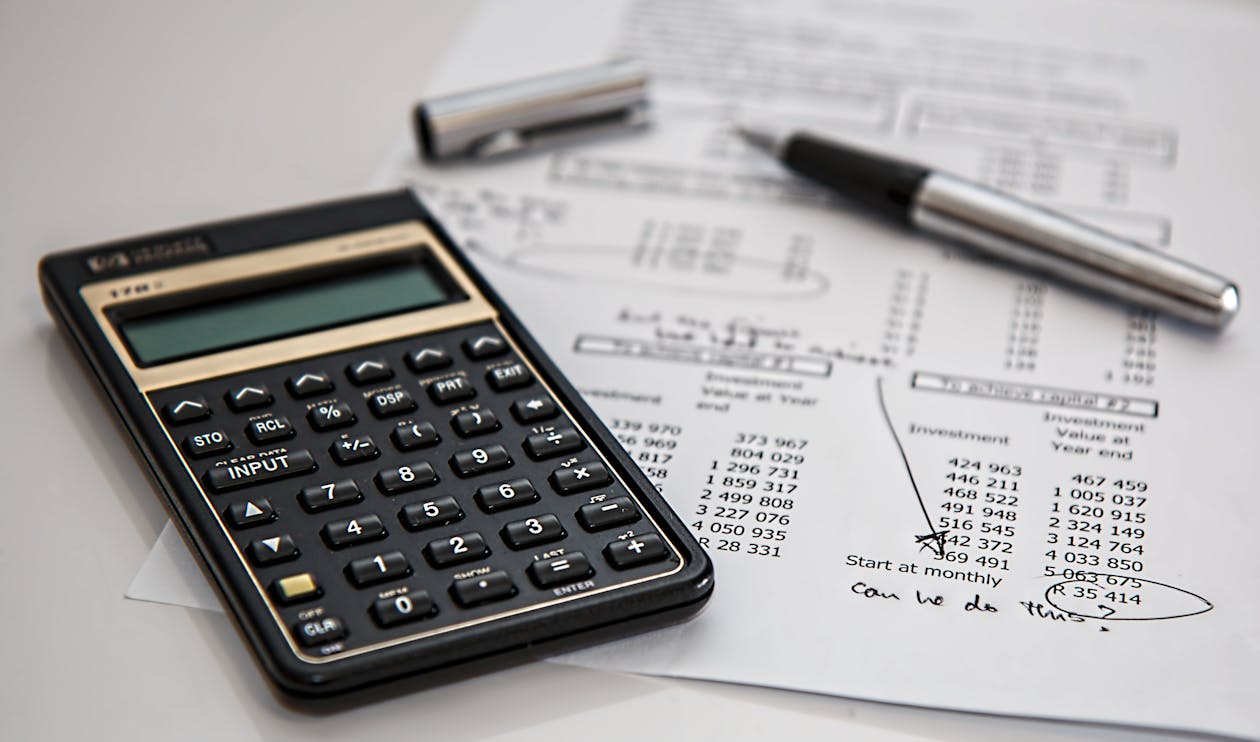What does it take to get rich? It’s a question that has plagued mankind since the beginning of time, but I think it’s fairly safe to say that the answer is simple: you need to be smart and use your resources wisely. But what if there were an easier way? What if there were tips on how to get rich without all this hard work? Well, I’m glad you asked! These 10 tips will help you become wealthy in no time at all:
1. Don’t spend beyond your means
The main tip here is to avoid spending or buying things on credit.
This is a big one, because it could mean the difference between getting rich and staying poor. Avoid purchasing anything if you cannot pay for it in cash. Try and prevent using credit cards to spend or buy anything. Keep in mind that credit cards are not actual money. They are fictitious. If you don’t know how to use them, they become liabilities rather than assets. It’s important that we learn how to live within our means and not take out loans or lines of credit from banks; this will help us save money over time so when we do earn income it won’t go straight into debt again after expenses are paid off each month.
2. Create and stick to a budget.
One of the most important things you can do is create and stick to a budget. This is not only important for your financial well-being, but also because it helps you prioritize what’s most important in life.
To start off with, make sure that every purchase has been planned out first. There are so many things that come up throughout the day that require money—and if you don’t have enough for these purchases on hand, then they won’t happen. So, get rid of all unplanned purchases from your list and only buy what’s on there: food for dinner tonight? Buy groceries tomorrow morning instead (or another day). A new cell phone? That should be covered next month when we get paid again.
This is also an effective way to keep track of what you’re spending and where it’s going. If you don’t plan your purchases, then there’s no way to tell how much money goes towards what. You could end up spending more on one thing than another without even realizing—and that’s not something you want.
3. Save more instead of spending.
Save more than you spend.
This is the most obvious tip in this list, but it’s also one that’s often overlooked. The best way to build wealth is by saving money and investing it wisely—but if you don’t save at all, your chances of becoming wealthy are slim. The key is being able to save a certain amount each month without having any debt or financial obligations hanging over your head (and without feeling guilty about spending money).
Always think of your future.
4. Avoid loan or credit card spending
This is one of the most important steps to take if you want to build wealth, and it can be easy to forget when you’re in debt. When an ad promises that by using a particular product, you’ll get rich fast, don’t fall for it! You’ll find yourself trapped in an endless cycle of borrowing money just to allow you to buy more stuff—and then borrow more money again after those purchases go through.
What’s worse than buying things? Not only do these purchases end up costing us more money overall; they also keep us from making wiser decisions about what we should actually buy (or not). So, avoid those tempting ads that use credit cards as much as possible—and don’t let yourself get too comfortable with installment plans either!
5. Live a simple life, don’t be showy
Money is not an obstacle to becoming rich. In fact, money can be one of the biggest obstacles if you don’t understand how it works and what’s important in life. People often buy things they don’t need and then feel guilty about the money they spent. A simple example would be buying fancy cars; most people don’t need one but feel compelled by peer pressure or they’re just envy of others (or maybe even both) when it comes to car shopping season every year.
The key here is being conscious about how much money you spend on things every day—and then making decisions accordingly: Do I really need this? Can I get away with not buying it? Is there another way I could spend my money instead? These are questions we should ask ourselves before making any sort of purchase decision so we don’t end up regretting our choices later down the line when our finances aren’t looking so good anymore.


